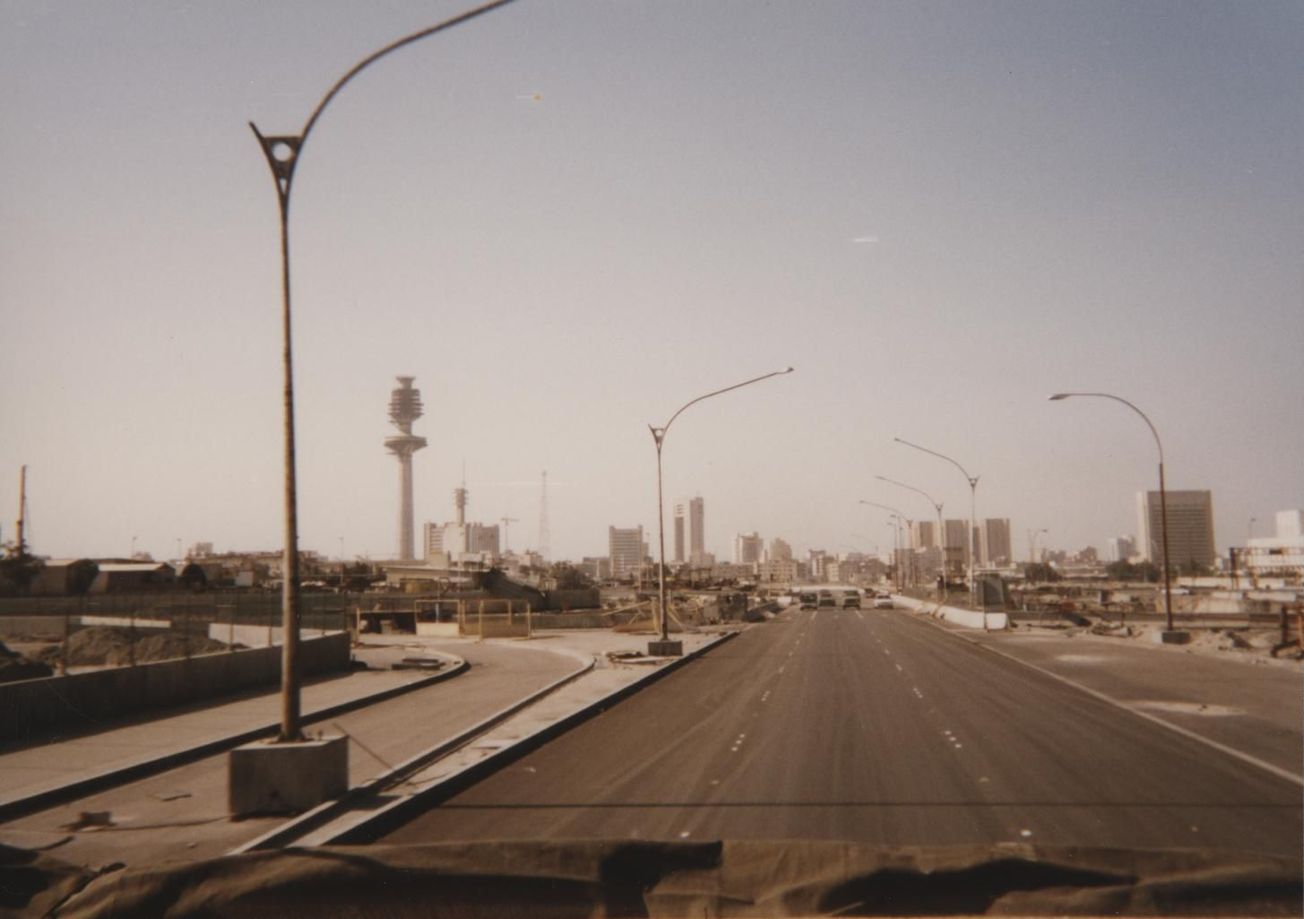GENEVA (AN) — The United Nations will formally shutter a commission that it established more than three decades ago to pay more than $50 billion in losses and damage from Iraq's 1990 invasion of Kuwait.
The U.N. Compensation Commission, created by a U.N. Security Council resolution on May 20, 1991, held its 89th and final session on Friday, according to U.N. officials in Geneva.









